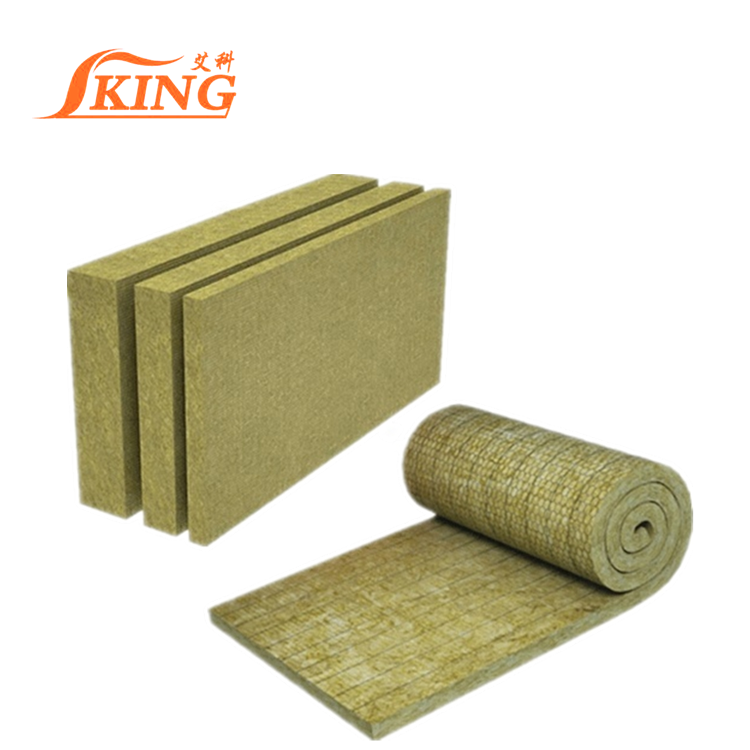IKING GROUP-INSULATION AND ACOUSTIC SOLUTION FOCUS
Stone wool is pretty much just what it sounds like: stone and minerals spun into wool. How does it work as an insulation product, and why is it different?
IKING is a company that manufactures stone wool insulation. Also known as mineral wool, stone wool is created by spinning molten rock and minerals with steel slag to create a cotton-candy-like wool product. Pressed into rolls and sheets, stone wool creates an incredibly effective insulation with sound-absorbing and fire-resistant properties. It installs like any batt insulation in the wall cavity, but it can be either flexible or rigid, delivering a full scale of solutions to match your needs.
It's Efficient
IKING products derive their thermal properties from tiny pockets of air trapped within the physical structures of the stone wool. This structure allows the insulation to keep hot air out in hot climates and retain warmth in cold climates.
It's Safer
Stone wool is resistant to fire. So if a fire starts, it will delay the spread—giving you and your family more time to escape.
It's Quieter
IKING stone wool is high-density and excellent at absorbing sound. "In my business, we typically suggest installing IKING stone wool in the common walls of multi-family dwellings, to dampen sound throughout the home and increase comfort. But we also use it in single-family dwellings to create sound barriers between bathrooms and bedrooms, and in noisier spaces like living rooms or media rooms." And in Nick's own home, "We insulated the entire ceiling of the first floor to allow us to put the kids to bed upstairs, while we continue to entertain guests on the main floor."
It's Moisture Repellent
IKING insulation naturally repels water and moisture, so the long-term thermal performance of the insulation is not affected by water. Nick often replaces compromised fiberglass with stone wool in remodeling projects, especially in areas of the home that are susceptible to repeat moisture events, such as basements, where moisture levels can be high.
It's Healthier
Damp and mold can affect your home's structural integrity, have a detrimental effect on its thermal performance, and compromise the respiratory health of its occupants.
